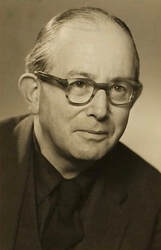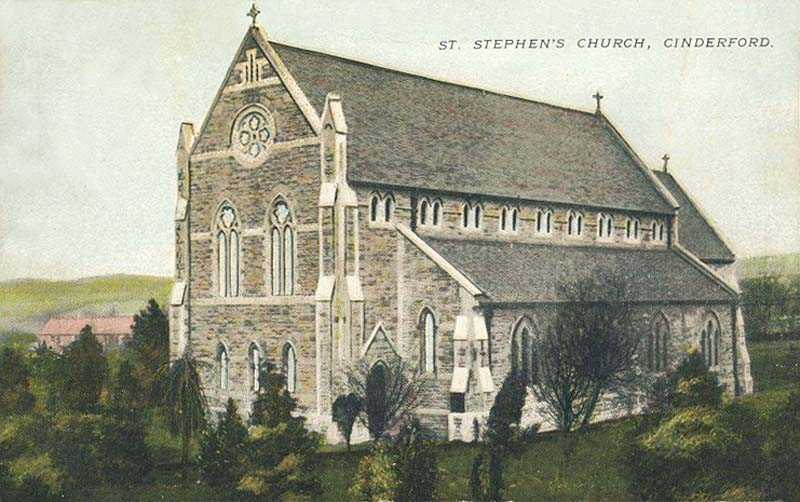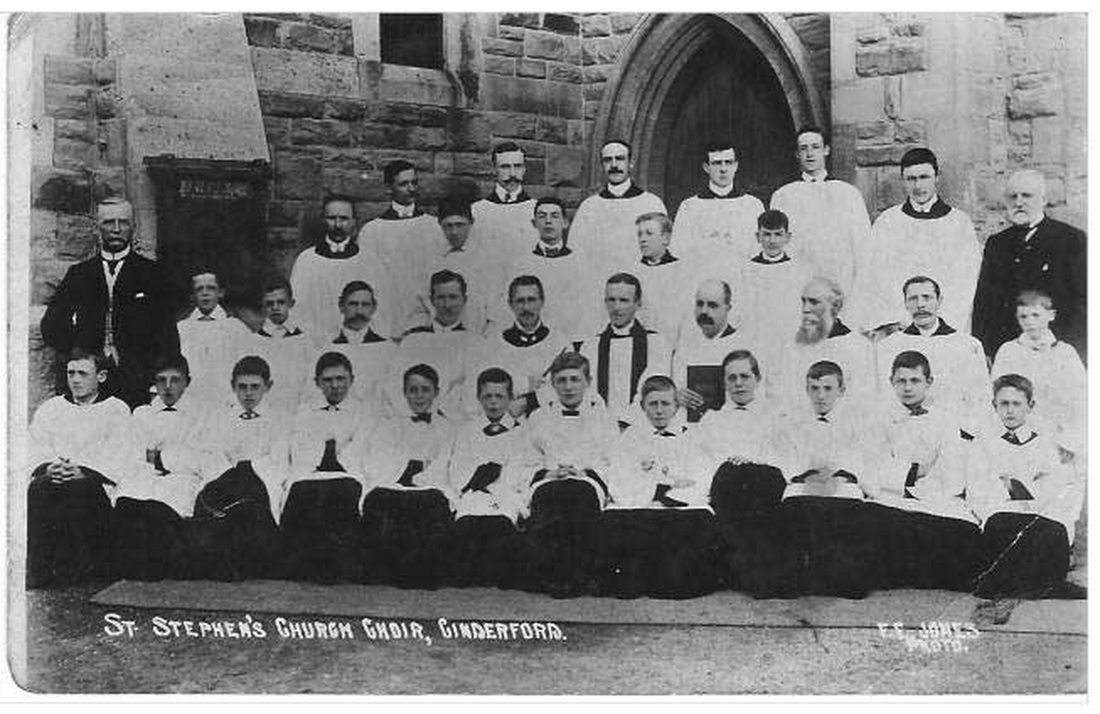 Heritage Open Days have been running in the UK since 1994 and today boast over 5,000 events across the country. Included are heritage sites of interest normally closed to the public, museums that normally charge an entry fee throwing their doors open for free, and buildings normally open to the community whose heritage has often been overlooked. Reading the Forest has partnered with several local groups in the Forest on Heritage Open Days in recent years. In 2017 the extraordinary story of Gypsy Petulengro and his links to Viney Hill were explored with an exhibition at the village's All Saints Church, the location of his remarkable funeral and burial. Last year saw brass bands and poets come together at St Stephen's Church in Cinderford for a celebration of the Forest's rich heritage of band music and poetry, also marking 130years of the church building. The event included a competition prize-giving for some of Cinderford's best young poets, a sure sign that the town is incubating the next generation of literary talent. This year sees a return to St Stephen's - though 'in spirit' only - with a virtual online event that marks this important Cinderford building's link with the poet Leonard Clark. A series of specially recorded readings of some of Clark's poems will be launched online on Saturday 12th September - simultaneously via Reading the Forest's Events Page and the Cinderford Churches Benefice website. Amongst the videos are several poems chosen and read by members of Clark's family. Also included is a reading of Clark's remarkable final poem An Intimate Landscape in which he revisits the places and people of his youth in the Forest for one last time. The poem is read by popular Forest poet Keith Morgan.  Leonard Clark was a nationally important poet, literary editor, and educationalist whose life and work were grounded in Cinderford and the Forest of Dean. He was fostered to a family on Belle Vue Road in Cinderford and raised in the town until he left to train as a teacher in the late 1920s. He became an influential figure in the world of poetry principally through his anthologies and his role in promoting poetry education for which he was awarded an OBE. He was admired and praised by luminaries such as Ted Hughes and Seamus Heaney before he died in 1981. His early life and subsequent work were strongly influenced by his experiences in St Stephen’s Church which stood a few yards down the road from where he lived. His mother was a member of the congregation and he became a chorister in the Church. Written late in his life, his memoirs A Fool in the Forest and Green Wood are replete with stories and characters that centred around the Church which was at the heart of the community. He wrote about the choir and devoted one chapter to the story of Philip Charles Walding (1871-1949), also known as ‘Charlie’ Walding, the blind organist of St Stephen’s Church who played the church organ for forty-four years (seen in the photograph above holding the book). The profound influence of the church was such that he requested that his ashes be buried there and following his death a special service was held to inter them close to where he stood as a chorister seventy years previously.
0 Comments
Leave a Reply. |
Archives
June 2024
|


 RSS Feed
RSS Feed


